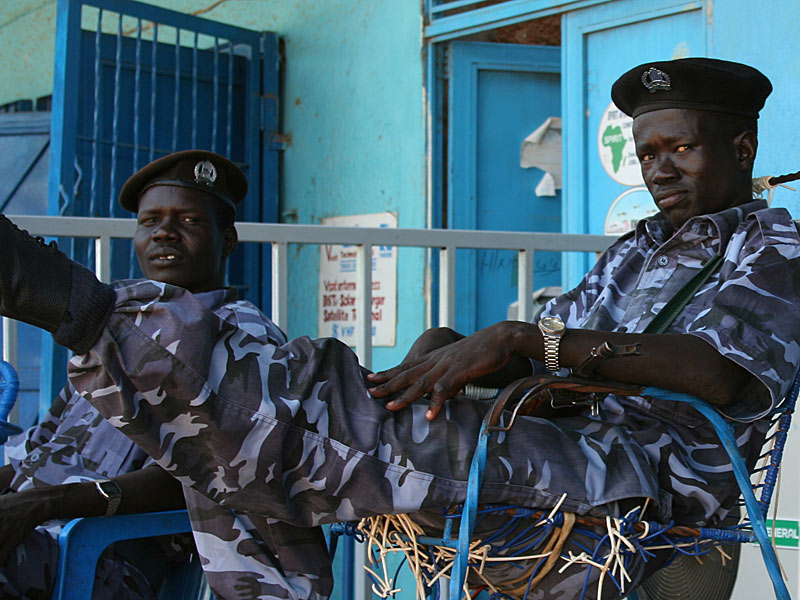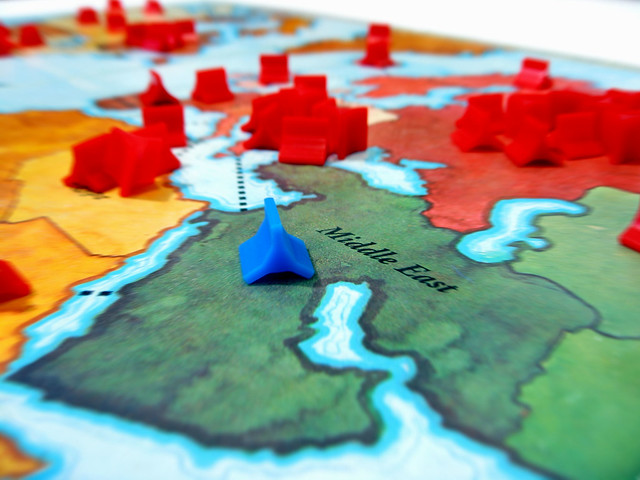
Peace processes – and the mediators that shepherd them – increasingly address the legacy of large-scale human rights violations. They can provide a crucial ‘moment’ for addressing the causes and consequences of an earlier conflict. To this end, peace agreements often include justice provisions: attempts to begin to deal with the past through a range of judicial and non-judicial measures such as amnesties, prosecutions, truth-seeking and reparations. While ‘justice provisions’ such as these are important, the argument here is that security arrangements in peace agreements are as important, if not more so, for accountability. Mediators’ influence on the content of a peace agreement may be limited, but there are still ways in which they can contribute to more effective security arrangements.




